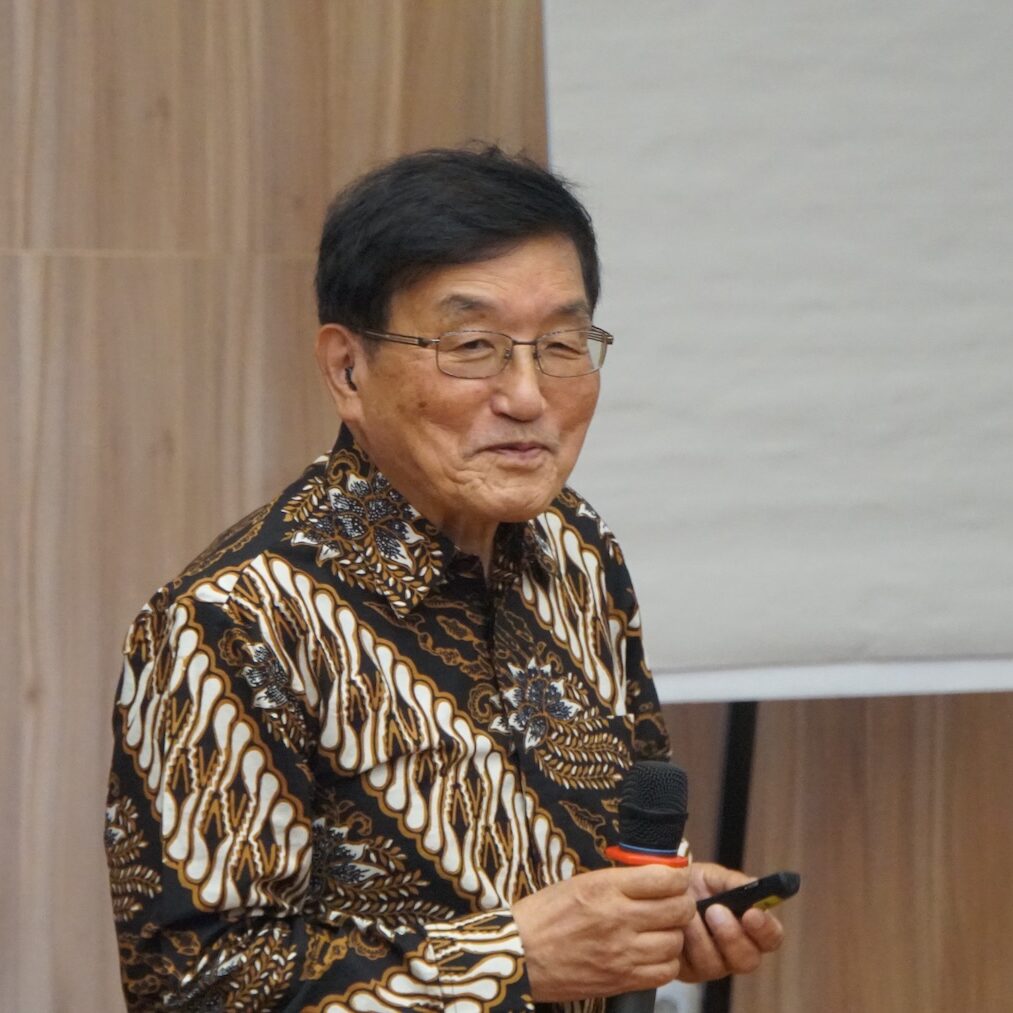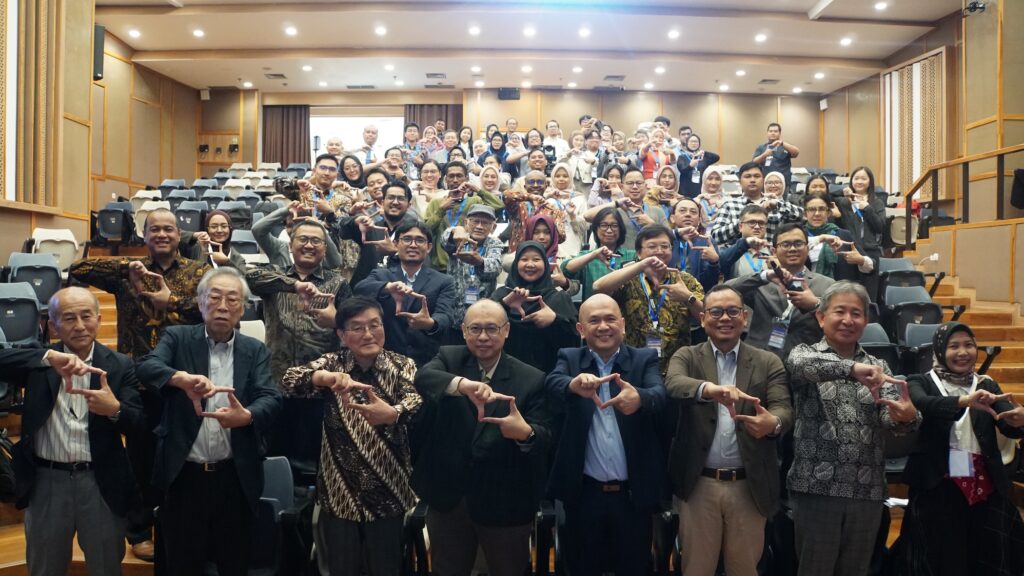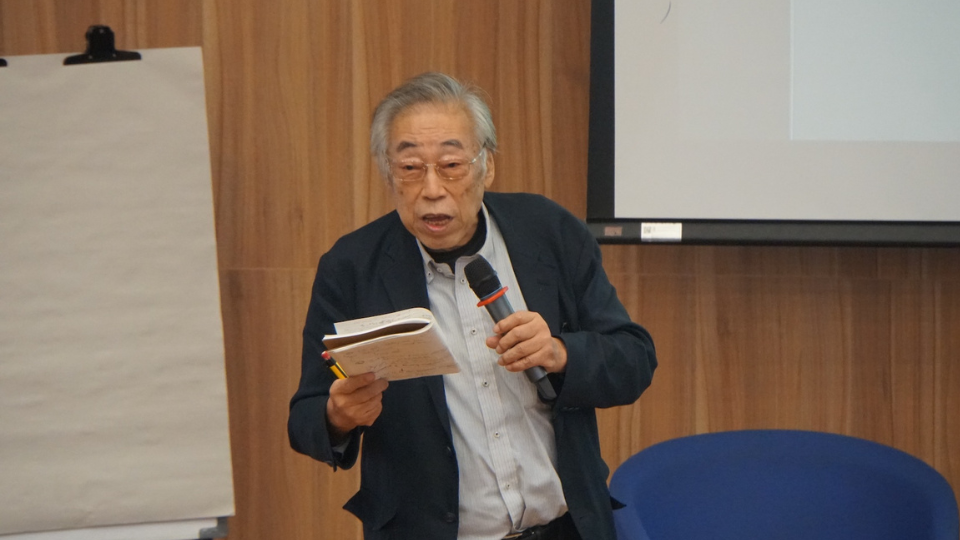The increasingly messy and interconnected world is pushing us to better understand each other. Collaborating can be a better way to solve problems than a rigid approach.
Based on this belief, the Strategic Decision-Making and Negotiation Interest Group of the SBM ITB held a symposium on Soft Systems Methodology (SSM) in Bandung (September 11). The event brought together leading academics and practitioners to discuss ways to understand the human side. Two SBM ITB lecturers, Pri Hermawan and Donald Crestofel Lantu, opened the symposium by outlining the key principles of SSM, a framework designed to address complex strategic issues that cannot be easily resolved.

The symposium’s keynote speaker was Professor Kyoichi Kijima from the Tokyo Institute of Technology. He outlined three main approaches to addressing complex problems: Imperialism, Pragmatism, and Complementarity.
According to Kijima, the most important aspect of any effective approach is to involve everyone in understanding and learning from one another. Professor Kijima stated that the essence of the Soft Systems Approach is not to find a single best solution, but to help address complex strategic problems by bringing everyone together, encouraging exploration, learning, and dedication.
Kenichi Uchiyama, Professor Emeritus at Daito Bunka University, distinguished between hard systems, which are based on measurable data, and soft systems that incorporate human experience. He introduced the idea of actual learning, how humans perceive and interpret situations. This is a crucial critique of a society heavily reliant on digital technology, which often prioritizes information (or what we call “reality-based”) over real-life experience.

Professor Utomo Sarjono Putro from SBM ITB initiated the discussion by exploring organizational transformation and the reasons why many change initiatives fail. He argued that organizational transformation fails when a company is viewed as a machine, with employees merely seen as parts that serve the leader’s objectives.
He argued that a company is made up of individuals who share a common purpose. Quoting social psychologist Kurt Lewin, Sarjono stated that one cannot understand a system until one attempts to change it. Simply observing is insufficient to achieve true understanding.
From this symposium, we learned that the biggest challenge in business and policy is shifting from mechanical models to embracing the human element. Effective solutions do not arise from top-down directives; instead, they come from a collaborative journey of learning, understanding, and transforming our collective consciousness.






